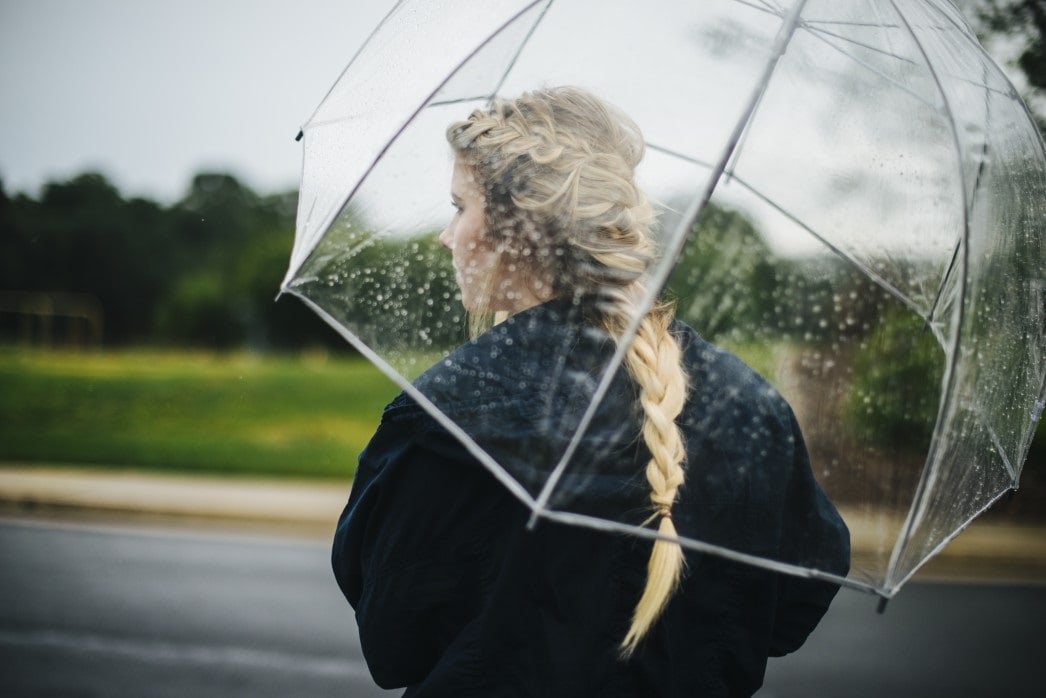The global pandemic has been a harsh reminder that life is full of surprises. Just when we think we have everything under control, something comes along to throw us for a loop. Whether it’s a sudden job loss, a medical emergency, or just an unexpected home repair, financial emergencies can happen to anyone at any time. That’s why having an emergency fund is so important.
An emergency fund is a savings account that you set aside specifically for unexpected expenses. That way, if something comes up, you’ll have the money you need to cover it without having to put it on a credit card or take out a loan. And while we all hope we’ll never have to use our emergency fund, it’s always better to be safe than sorry. So, if you don’t have one already, now is the time to start saving! Here are some FAQs to get you started.
Q. How much should I save?
A. When it comes to saving for a rainy day, there is no one-size-fits-all approach. The amount you should set aside in an emergency savings fund depends on several personal factors, including your income, expenses, and debt level. For example, if you have a high income and low expenses, you may be able to get by with a smaller emergency fund. On the other hand, if you have a low income and high expenses, you may need to save more. If you have a lot of debt, you may want to set aside more money in an emergency fund so that you can pay off your debts if you lose your job or have an unexpected expense. Ultimately, the best way to determine how much you should set aside in an emergency savings fund is to take a close look at your personal finances and make a plan that fits your needs. That said, a good rule of thumb is to put away six months’ worth of expenses.
Q. How do I build my rainy day fund?
A. When it comes to building your emergency fund, we know it’s easier said than done. You likely don’t have enough cash on hand to just set it aside all at once. The best way to get started is by creating a savings plan. Put a percentage of each paycheck towards your rainy day fund or come up with a monthly contribution. Once you have a plan in place, automated deposits can help make saving easier. If you get a bonus at work or a tax refund, put that towards your savings as well. It might take some time, but with a little planning and discipline, you can build up a nest egg that will give you peace of mind in case of an unexpected financial setback.
Q. Where should I keep my savings?
A. Ideally, you want it to be in a safe place where it will not lose value, but where it is still easily accessible in case you need it. A good option is a high-yield savings account. These accounts offer higher interest rates than traditional savings accounts, which means your money will grow more quickly. And because they are FDIC-insured, you can rest assured that your money is safe. Another option is to keep your emergency fund in a separate account from your other savings. This can help to prevent you from dipping into your emergency fund for non-emergency expenses. Whichever option you choose, the important thing is to make sure your emergency fund is in a safe and accessible place.
Q. When should I use it?
A. Ultimately, the answer will look different depending on the individual. That said, here are a few general rules of thumb:
If the expense is essential to your health or safety, it’s probably an emergency. For example, if your car breaks down and you need it to get to work, that’s an emergency. If you have a medical emergency, that’s also an emergency.
If the expense is essential to your livelihood, that’s probably an emergency, too. For example, if you lose your job and need to pay for temporary housing, that’s an emergency.
If the expense is not essential to your health, safety, or livelihood, it’s probably not an emergency. For example, if you want to go on a vacation or buy a new TV, that’s not an emergency.
Keep in mind that these are guidelines, not hard and fast rules. You may have other expenses that you consider to be emergencies. The important thing is to have a clear idea of what constitutes an emergency for you so that you can use your rainy day fund wisely.
Plan with The Humphreys Group
At The Humphreys Group, we understand that financial success requires more than just earning a good income. It also requires careful planning and management of your money. We are here to help you navigate the often complex world of personal finance so that you can make the most of your unique situation. We take a holistic approach to financial planning, taking into account your goals, values, and circumstances, which allows us to create a customized plan that can help you achieve your unique definition of success. We believe that financial success is about more than just money, it’s about living your best life. Reach out to continue the conversation.
























